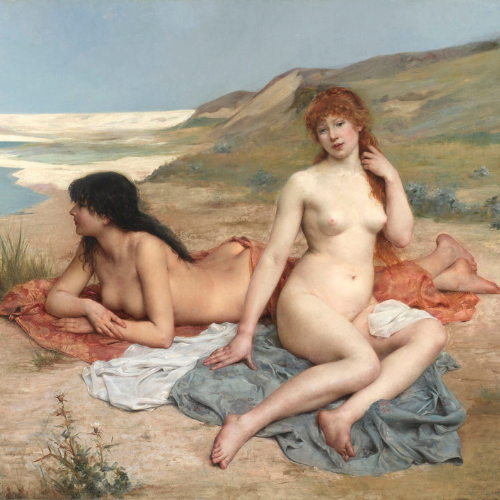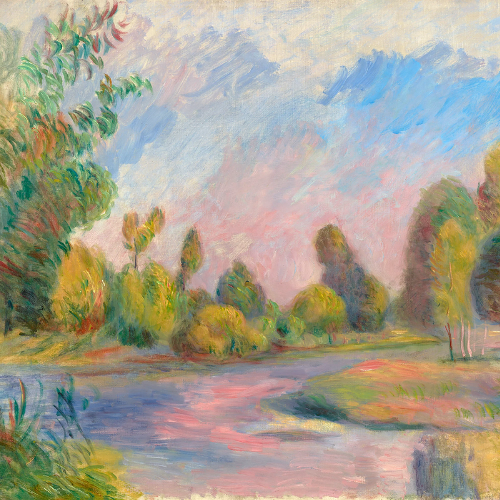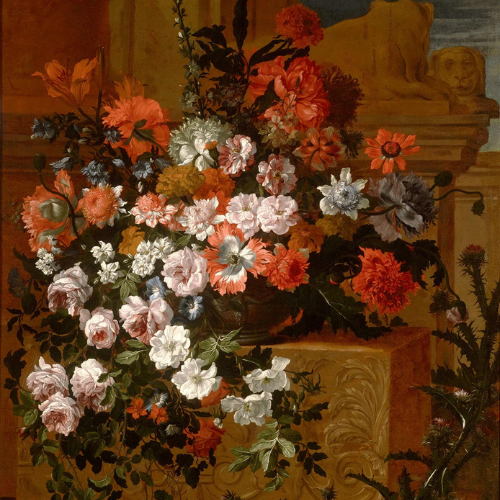Though we tend to think about presents the most during the time between Thanksgiving and Christmas, gift-giving occurs all year long throughout the world for a variety of reasons. The tradition of giving gifts is as old as humanity itself, and throughout its storied history, a myriad of intriguing beliefs have developed surrounding good luck and bad luck gifts. Whether or not you, or someone you know, is a believer, there’s no denying the curiosity we have towards these fascinating gift-giving legends.
If you’re looking for unique gift ideas for the holidays or rare antiques to give to a loved one, family member, or friend (or perhaps yourself), M.S. Rau has plenty of options to choose from. From an exquisite ring to unique jewelry pieces, we offer the perfect gift that will surely bring good fortune to your loved ones.
To Make, Or Break, Relationships

A number of gift-giving superstitions revolve around what the gift itself may symbolize. In many European and Asian countries, gifting a knife or any other sharp object is considered a superstition or taboo because it is thought that such gifts can impact one’s closest relationships. Knives and scissors (or shears) may seem like fine, functional gifts, especially if they’re part of a service of a silverware antique set, but there are many cultures that see the giving of such gifts to be signs of the severing of a relationship. Since such items are considered a bad gift superstition, they should also be avoided as a wedding gift, as they symbolize the breaking of the bond of marriage. Some cultures, however, believe that such bad omens can be avoided if a coin accompanies the gift. The receiver would, in turn, give the coin back to the giver in a symbolic gesture representing the “buying” of the gift.
Shoes also have a similar ability to dissolve relationships. If giving shoes to someone, especially during the holiday season, it is believed that the person who received the gift will eventually “walk away from you.”

Objects crafted of wood, such as this beautiful Irish Games Table, are examples of a good gift, since they symbolize strength and loyalty.
The giving of objects made of wood, including furniture antiques, has long been synonymous with strengthening bonds, much like the strength and support roots give to a tree. Perhaps the most well-known gift that symbolizes strength in a relationship is the diamond, one of the most famous gemstones. The hardest natural substance on earth, diamonds have become the stone of choice when choosing jewelry like an engagement ring, as the precious stone has become the embodiment of purity, faithfulness, and love. In some cultures, pearls are considered bad luck as they symbolize tears, and it is suggested to avoid them as wedding gifts.
A Matter of Life and Death
A surprising amount of gift-giving superstitions are associated with mortality. In many Asian cultures, giving a clock or a watch as a gift is a bad idea. Though to most westerners, receiving a fine timepiece would be a welcoming gesture. However, in China, clocks are seen as an unlucky gift since they are closely related to death. Not only does the clock itself represent the quick passage of time, but the Chinese word for “clock” is pronounced much like the word for “death.”. The same holds true for the word for the number “4”, so gifts that come in multiples are never given in sets of four in traditional Chinese culture.

This Paul Frey Miniature Gold And Jade Clock would be a taboo gift to give in many Asian cultures since clocks are representative of the passage of time and death.
Plants are also gifts that can represent either life or death. In the case of arrangements of cut flowers, since the blooms typically die within a few days, those are to be avoided in many regions. However, gifting a potted plant, especially an olive tree, is a good idea, since it is seen as representing everlasting life, peace, and friendship.
Luck and Prosperity
Perhaps most of us are familiar with the gifting legends surrounding the concept of good and bad luck. When a purse or wallet is given, it is considered customary to place money within it. Even if it’s just a single coin, the idea is that the receiver will always have good luck and financial prosperity. For special occasions like weddings or New Year’s Day, it is customary in Chinese culture to provide any monetary gifts in a red envelope. Red is a lucky color in Chinese superstitions as it symbolizes good luck and helps ward off evil spirits.
Associated with the history of the mirror, many cultures believe that mirrors are one of the unluckiest gifts one can receive. Especially in Asian belief systems, mirrors are thought to invite harmful spirits into the life of the recipient. For westerners, the fragility of the mirror glass and its susceptibility to breakage have made it an object of misfortune for centuries, with the old adage of a broken mirror bestowing at least seven years of bad luck to the unfortunate soul who damaged it.

Devotees of numerology, or the divine significance of numbers, are all too familiar with the concept of good and bad luck. Most western cultures believe that “7” is the luckiest digit, while Asian cultures feel that way about the number “8” since the word for “eight” sounds similar to the word for “wealth.”. The same holds true for the number “9” in Chinese tradition, which is pronounced much like the word “everlasting” in Chinese.
On the other hand, Americans, Europeans, and Middle-Easterners alike see the number “13” in quite the opposite light. This number is considered so unlucky, in fact, that many high-rise buildings purposely omit the 13th floor. In Japan, the number “9” has a similar connotation of misfortune since it’s pronunciation is similar to the word for “torture.”
There are several traditional gifts that are intended to represent good luck and prosperity. Since the 18th century, the customary gift for a new-born baby has been silver. Silver pap boats, bowls, rattles, and spoons are seen as symbols of good fortune for the new life. Also, in times past, silver and gold were given to an infant as a way to easily establish a financial nest egg, or savings.

Porcelain is another classic gift that has long been associated with good fortune. Ever since Europeans were first exposed to the beauty of Chinese porcelain, the material has become synonymous with wealth and affluence. Its longevity and ability to be worked into an amazing array of objects, from figures and vases to complete dinner services and even furniture, have made it the gift of choice for a range of celebratory occasions.
Whether a gesture of love, honor, generosity, or celebration, selecting something special for a friend or loved one is one of the few activities that brings joy to both the giver and receiver. So, next time you’re searching for the perfect gift, remember, it’s the thought that truly counts...and in more ways than one.







